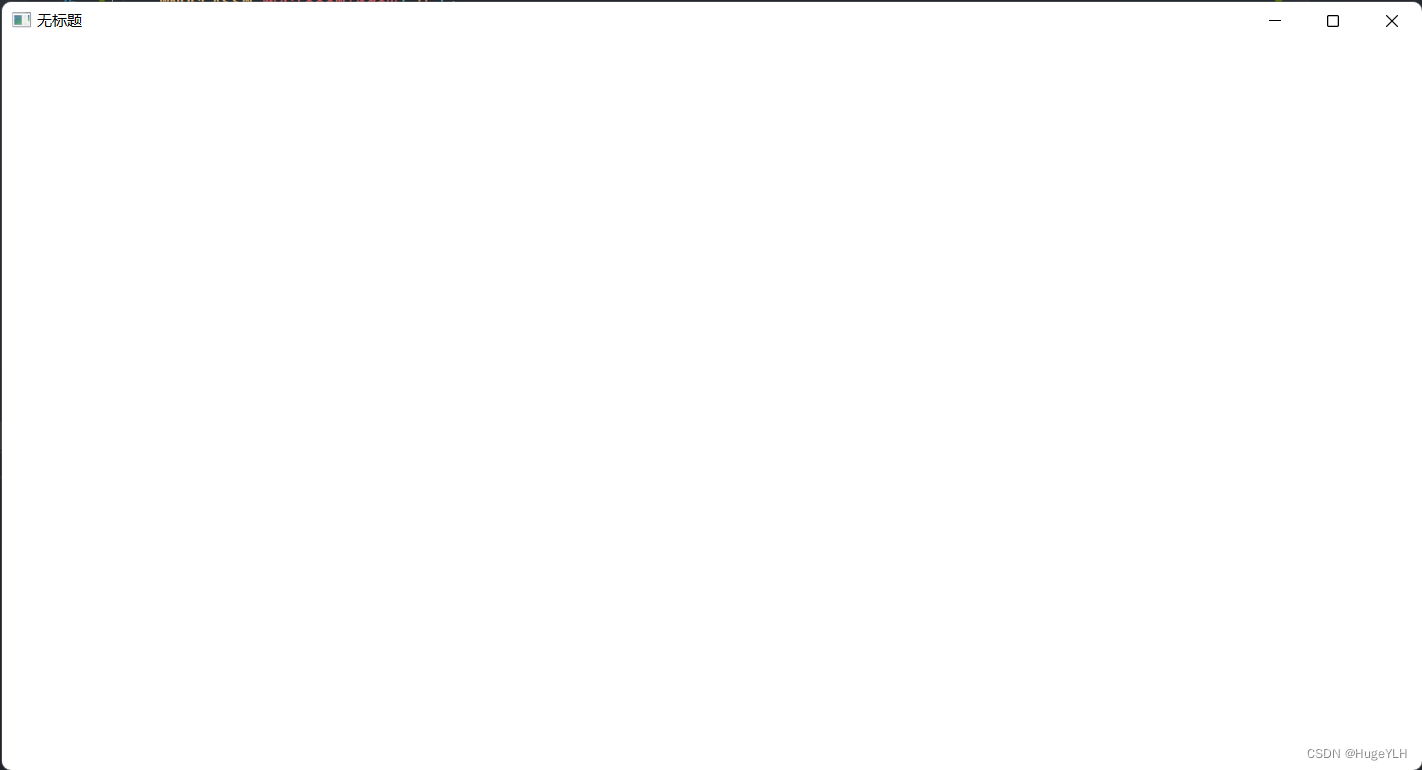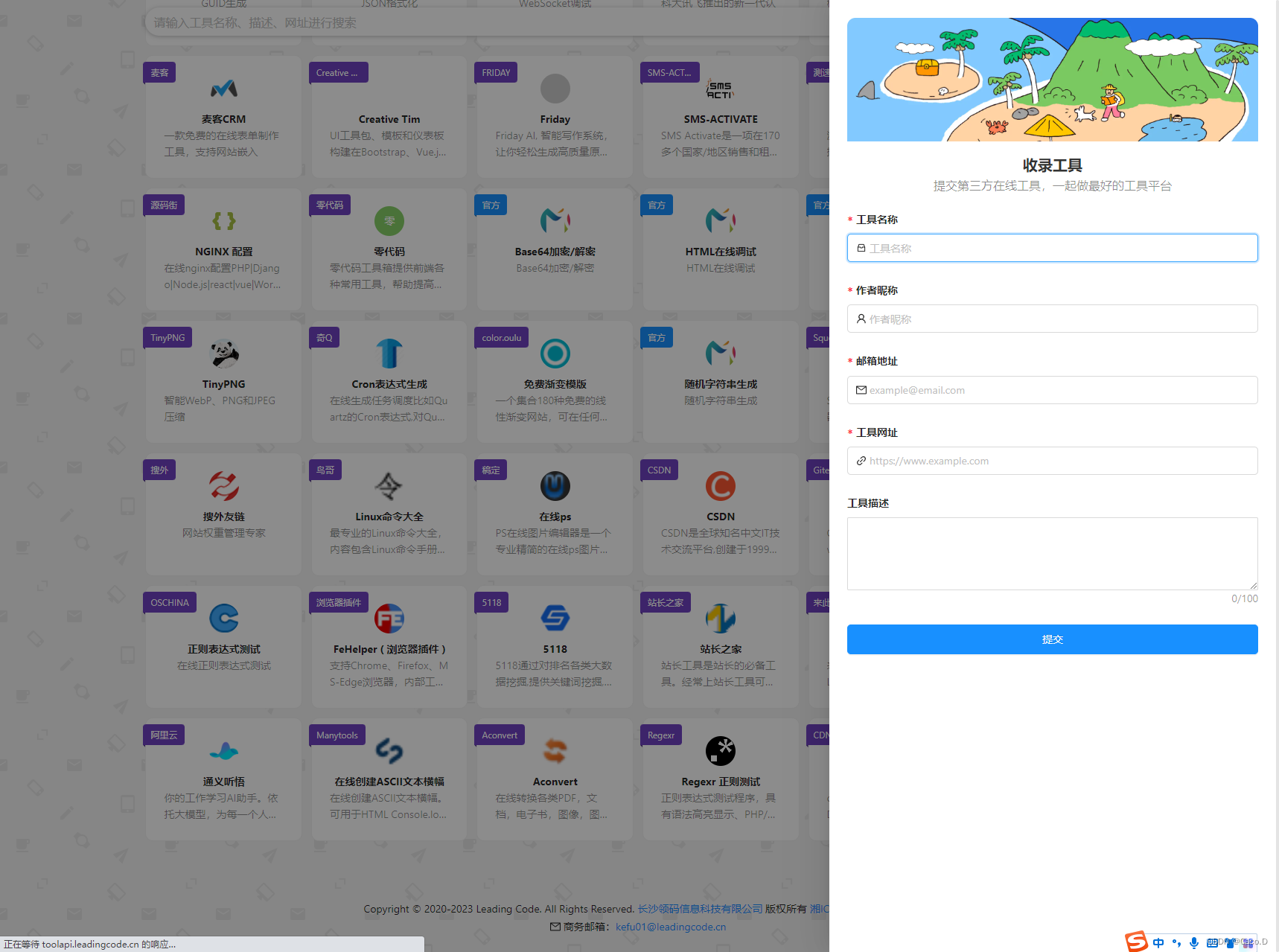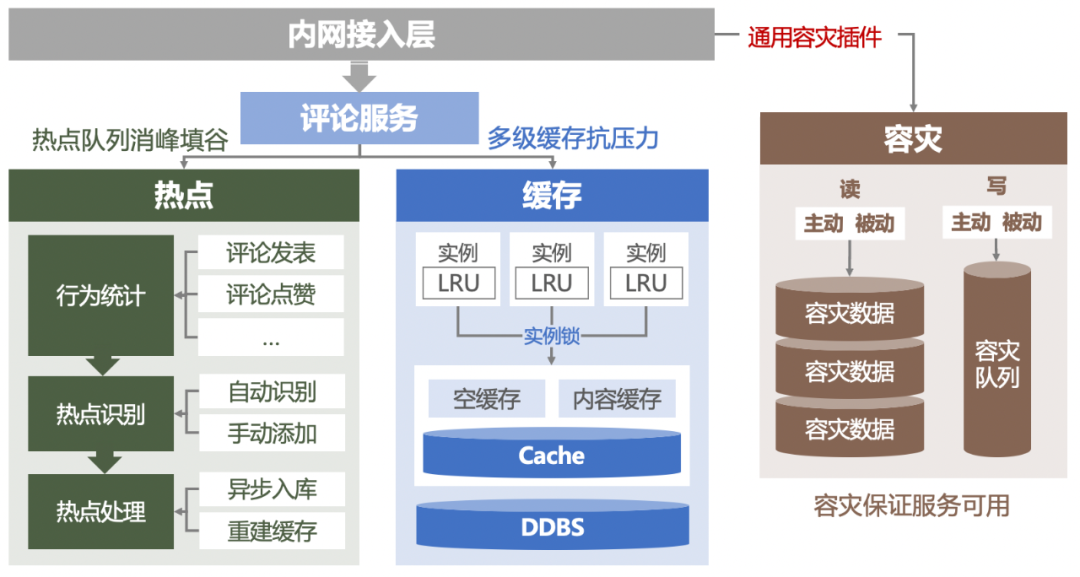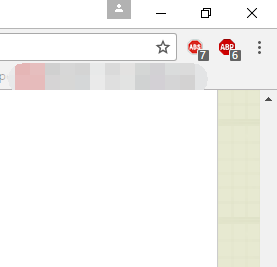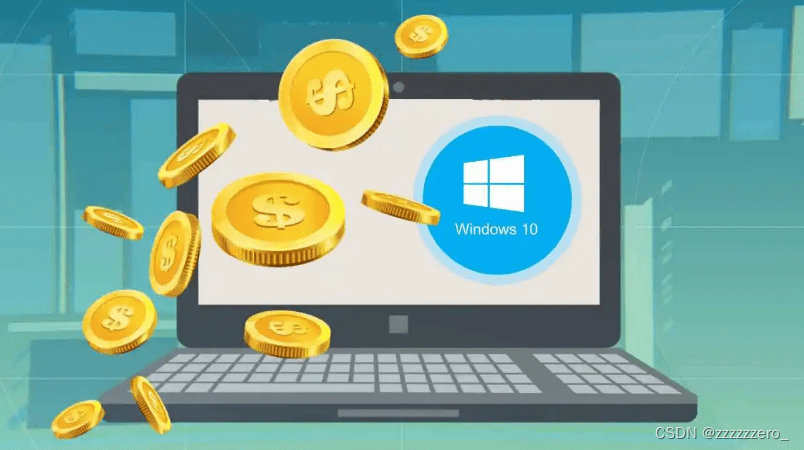Http访问有两种方式,GET和POST,就编程来说GET方式相对简单点,它不用向服务器提交数据,在这个例程中我使用POST方式,提交数据value1与value2,并从服务器得到他们的和(value1 + value2)。
为实现Http访问,微软提供了二套API:WinINet, WinHTTP。WinHTTP比WinINet更加安全和健壮,可以这么认为WinHTTP是WinINet的升级版本。这两套API包含了很多相似的函数与宏定义,呵呵,详细对比请查阅msdn中的文章“Porting WinINet Applications to WinHTTP”,在线MSDN连接:http://msdn2.microsoft.com/en-us/library/aa384068.aspx。在这个例程中,通过一个宏的设置来决定是使用WinHttp还是WinINet。代码如下:
#define USE_WINHTTP //Comment this line to user wininet.
下面来说说实现Http访问的流程(两套API都一样的流程):
1, 首先我们打开一个Session获得一个HINTERNET session句柄;
2, 然后我们使用这个session句柄与服务器连接得到一个HINTERNET connect句柄;
3, 然后我们使用这个connect句柄来打开Http 请求得到一个HINTERNET request句柄;
4, 这时我们就可以使用这个request句柄来发送数据与读取从服务器返回的数据;
5, 最后依次关闭request,connect,session句柄。
在这个例程中以上各个流程都进行了简单封装,以便对比两套API函数的些许差异。下面让源代码说话,原工程是一个windows控制台工程,你可以很容易通过拷贝代码重建工程。
另:如果你从服务器得到的返回数据是utf8格式的文本数据,你将需要对返回的数据进行转换才能正确显示中文,日文等。仅供参考,转换为ATL CStringW的函数见下:
 CStringW GetStringWFromUtf8( const std::string & str)
CStringW GetStringWFromUtf8( const std::string & str) {
{ int len = MultiByteToWideChar(CP_UTF8, 0, str.c_str(), int(str.length()), 0, 0);
int len = MultiByteToWideChar(CP_UTF8, 0, str.c_str(), int(str.length()), 0, 0);
 CStringW buf;
CStringW buf; WCHAR* dd = buf.GetBuffer(len);
WCHAR* dd = buf.GetBuffer(len);
 len = MultiByteToWideChar(CP_UTF8, 0, str.c_str(), int(str.length()), dd, len);
len = MultiByteToWideChar(CP_UTF8, 0, str.c_str(), int(str.length()), dd, len);
 buf.ReleaseBuffer(len);
buf.ReleaseBuffer(len);
 return buf;
return buf; }
} 完整代码如下:
 // HttpPost.cpp written by l_zhaohui@163.com
// HttpPost.cpp written by l_zhaohui@163.com2
 // 2007/11/30
// 2007/11/30 3
 #include " stdafx.h "
#include " stdafx.h " 4
 #include < windows.h >
#include < windows.h > 5
 #include < stdio.h >
#include < stdio.h > 6
 #include < stdlib.h >
#include < stdlib.h > 7

8
 #define _ATL_CSTRING_EXPLICIT_CONSTRUCTORS
#define _ATL_CSTRING_EXPLICIT_CONSTRUCTORS9
 #include < atlbase.h >
#include < atlbase.h > 10
 #include < atlstr.h >
#include < atlstr.h > 11

12
 #define USE_WINHTTP // Comment this line to user wininet.
#define USE_WINHTTP // Comment this line to user wininet. 13
 #ifdef USE_WINHTTP
#ifdef USE_WINHTTP14
 #include < winhttp.h >
#include < winhttp.h > 15
 #pragma comment(lib, " winhttp.lib " )
#pragma comment(lib, " winhttp.lib " )16
 # else
# else 17
 #include < wininet.h >
#include < wininet.h > 18
 #pragma comment(lib, " wininet.lib " )
#pragma comment(lib, " wininet.lib " )19
 #endif
#endif20
 #define BUF_SIZE ( 1024 )
#define BUF_SIZE ( 1024 )21

22
 // CrackedUrl
// CrackedUrl 23
 class CrackedUrl {
class CrackedUrl {24
 int m_scheme;
int m_scheme;25
 CStringW m_host;
CStringW m_host;26
 int m_port;
int m_port;27
 CStringW m_path;
CStringW m_path;28
 public:
public:29
 CrackedUrl(LPCWSTR url)
CrackedUrl(LPCWSTR url)30
 {
{31
 URL_COMPONENTS uc = { 0};
URL_COMPONENTS uc = { 0};32
 uc.dwStructSize = sizeof(uc);
uc.dwStructSize = sizeof(uc);33

34
 const DWORD BUF_LEN = 256;
const DWORD BUF_LEN = 256;35

36
 WCHAR host[BUF_LEN];
WCHAR host[BUF_LEN];37
 uc.lpszHostName = host;
uc.lpszHostName = host;38
 uc.dwHostNameLength = BUF_LEN;
uc.dwHostNameLength = BUF_LEN;39

40
 WCHAR path[BUF_LEN];
WCHAR path[BUF_LEN];41
 uc.lpszUrlPath = path;
uc.lpszUrlPath = path;42
 uc.dwUrlPathLength = BUF_LEN;
uc.dwUrlPathLength = BUF_LEN;43

44
 WCHAR extra[BUF_LEN];
WCHAR extra[BUF_LEN];45
 uc.lpszExtraInfo = extra;
uc.lpszExtraInfo = extra;46
 uc.dwExtraInfoLength = BUF_LEN;
uc.dwExtraInfoLength = BUF_LEN;47

48
 #ifdef USE_WINHTTP
#ifdef USE_WINHTTP49
 if (!WinHttpCrackUrl(url, 0, ICU_ESCAPE, &uc)) {
if (!WinHttpCrackUrl(url, 0, ICU_ESCAPE, &uc)) {50
 printf("Error:WinHttpCrackUrl failed!\n");
printf("Error:WinHttpCrackUrl failed!\n");51
 }
}52

53
 #else
#else54
 if (!InternetCrackUrl(url, 0, ICU_ESCAPE, &uc)) {
if (!InternetCrackUrl(url, 0, ICU_ESCAPE, &uc)) {55
 printf("Error:InternetCrackUrl failed!\n");
printf("Error:InternetCrackUrl failed!\n");56
 }
}57
 #endif
#endif58
 m_scheme = uc.nScheme;
m_scheme = uc.nScheme;59
 m_host = host;
m_host = host;60
 m_port = uc.nPort;
m_port = uc.nPort;61
 m_path = path;
m_path = path;62
 }
}63

64
 int GetScheme() const
int GetScheme() const65
 {
{66
 return m_scheme;
return m_scheme;67
 }
}68

69
 LPCWSTR GetHostName() const
LPCWSTR GetHostName() const70
 {
{71
 return m_host;
return m_host;72
 }
}73

74
 int GetPort() const
int GetPort() const75
 {
{76
 return m_port;
return m_port;77
 }
}78

79
 LPCWSTR GetPath() const
LPCWSTR GetPath() const80
 {
{81
 return m_path;
return m_path;82
 }
}83

84
 static CStringA UrlEncode(const char* p)
static CStringA UrlEncode(const char* p)85
 {
{86
 if (p == 0) {
if (p == 0) {87
 return CStringA();
return CStringA();88
 }
}89

90
 CStringA buf;
CStringA buf;91

92
 for (;;) {
for (;;) {93
 int ch = (BYTE) (*(p++));
int ch = (BYTE) (*(p++));94
 if (ch == '\0') {
if (ch == '\0') {95
 break;
break;96
 }
}97

98
 if (isalnum(ch) || ch == '_' || ch == '-' || ch == '.') {
if (isalnum(ch) || ch == '_' || ch == '-' || ch == '.') {99
 buf += (char)ch;
buf += (char)ch;100
 }
}101
 else if (ch == ' ') {
else if (ch == ' ') {102
 buf += '+';
buf += '+';103
 }
}104
 else {
else {105
 char c[16];
char c[16];106
 wsprintfA(c, "%%%02X", ch);
wsprintfA(c, "%%%02X", ch);107
 buf += c;
buf += c;108
 }
}109
 }
}110

111
 return buf;
return buf;112
 }
}113
 } ;
} ;114

115
 // CrackedUrl
// CrackedUrl 116
 HINTERNET OpenSession(LPCWSTR userAgent = 0 )
HINTERNET OpenSession(LPCWSTR userAgent = 0 )117
 {
{118
 #ifdef USE_WINHTTP
#ifdef USE_WINHTTP119
 return WinHttpOpen(userAgent, NULL, NULL, NULL, NULL);;
return WinHttpOpen(userAgent, NULL, NULL, NULL, NULL);;120
 #else
#else121
 return InternetOpen(userAgent, INTERNET_OPEN_TYPE_PRECONFIG, NULL, NULL, 0);
return InternetOpen(userAgent, INTERNET_OPEN_TYPE_PRECONFIG, NULL, NULL, 0);122
 #endif
#endif123
 }
} 124

125
 HINTERNET Connect(HINTERNET hSession, LPCWSTR serverAddr, int portNo)
HINTERNET Connect(HINTERNET hSession, LPCWSTR serverAddr, int portNo)126
 {
{127
 #ifdef USE_WINHTTP
#ifdef USE_WINHTTP128
 return WinHttpConnect(hSession, serverAddr, (INTERNET_PORT) portNo, 0);
return WinHttpConnect(hSession, serverAddr, (INTERNET_PORT) portNo, 0);129
 #else
#else130
 return InternetConnect(hSession, serverAddr, portNo, NULL, NULL, INTERNET_SERVICE_HTTP, 0, 0);
return InternetConnect(hSession, serverAddr, portNo, NULL, NULL, INTERNET_SERVICE_HTTP, 0, 0);131
 #endif
#endif132
 }
} 133

134
 HINTERNET OpenRequest(HINTERNET hConnect, LPCWSTR verb, LPCWSTR objectName, int scheme)
HINTERNET OpenRequest(HINTERNET hConnect, LPCWSTR verb, LPCWSTR objectName, int scheme)135
 {
{136
 DWORD flags = 0;
DWORD flags = 0;137
 #ifdef USE_WINHTTP
#ifdef USE_WINHTTP138
 if (scheme == INTERNET_SCHEME_HTTPS) {
if (scheme == INTERNET_SCHEME_HTTPS) {139
 flags |= WINHTTP_FLAG_SECURE;
flags |= WINHTTP_FLAG_SECURE;140
 }
}141

142
 return WinHttpOpenRequest(hConnect, verb, objectName, NULL, NULL, NULL, flags);
return WinHttpOpenRequest(hConnect, verb, objectName, NULL, NULL, NULL, flags);143

144
 #else
#else145
 if (scheme == INTERNET_SCHEME_HTTPS) {
if (scheme == INTERNET_SCHEME_HTTPS) {146
 flags |= INTERNET_FLAG_SECURE;
flags |= INTERNET_FLAG_SECURE;147
 }
}148

149
 return HttpOpenRequest(hConnect, verb, objectName, NULL, NULL, NULL, flags, 0);
return HttpOpenRequest(hConnect, verb, objectName, NULL, NULL, NULL, flags, 0);150
 #endif
#endif151
 }
} 152

153
 BOOL AddRequestHeaders(HINTERNET hRequest, LPCWSTR header)
BOOL AddRequestHeaders(HINTERNET hRequest, LPCWSTR header)154
 {
{155
 SIZE_T len = lstrlenW(header);
SIZE_T len = lstrlenW(header);156
 #ifdef USE_WINHTTP
#ifdef USE_WINHTTP157
 return WinHttpAddRequestHeaders(hRequest, header, DWORD(len), WINHTTP_ADDREQ_FLAG_ADD);
return WinHttpAddRequestHeaders(hRequest, header, DWORD(len), WINHTTP_ADDREQ_FLAG_ADD);158
 #else
#else159
 return HttpAddRequestHeaders(hRequest, header, DWORD(len), HTTP_ADDREQ_FLAG_ADD);
return HttpAddRequestHeaders(hRequest, header, DWORD(len), HTTP_ADDREQ_FLAG_ADD);160
 #endif
#endif161
 }
} 162

163
 BOOL SendRequest(HINTERNET hRequest, const void * body, DWORD size)
BOOL SendRequest(HINTERNET hRequest, const void * body, DWORD size)164
 {
{165
 #ifdef USE_WINHTTP
#ifdef USE_WINHTTP166
 return WinHttpSendRequest(hRequest, 0, 0, const_cast<void*>(body), size, size, 0);
return WinHttpSendRequest(hRequest, 0, 0, const_cast<void*>(body), size, size, 0);167
 #else
#else168
 return HttpSendRequest(hRequest, 0, 0, const_cast<void*>(body), size);
return HttpSendRequest(hRequest, 0, 0, const_cast<void*>(body), size);169
 #endif
#endif170
 }
} 171

172
 BOOL EndRequest(HINTERNET hRequest)
BOOL EndRequest(HINTERNET hRequest)173
 {
{174
 #ifdef USE_WINHTTP
#ifdef USE_WINHTTP175
 return WinHttpReceiveResponse(hRequest, 0);
return WinHttpReceiveResponse(hRequest, 0);176
 #else
#else177
 // if you use HttpSendRequestEx to send request then use HttpEndRequest in here!
// if you use HttpSendRequestEx to send request then use HttpEndRequest in here!178
 return TRUE;
return TRUE;179
 #endif
#endif180
 }
} 181

182
 BOOL QueryInfo(HINTERNET hRequest, int queryId, char * szBuf, DWORD * pdwSize)
BOOL QueryInfo(HINTERNET hRequest, int queryId, char * szBuf, DWORD * pdwSize)183
 {
{184
 #ifdef USE_WINHTTP
#ifdef USE_WINHTTP185
 return WinHttpQueryHeaders(hRequest, (DWORD) queryId, 0, szBuf, pdwSize, 0);
return WinHttpQueryHeaders(hRequest, (DWORD) queryId, 0, szBuf, pdwSize, 0);186
 #else
#else187
 return HttpQueryInfo(hRequest, queryId, szBuf, pdwSize, 0);
return HttpQueryInfo(hRequest, queryId, szBuf, pdwSize, 0);188
 #endif
#endif189
 }
} 190

191
 BOOL ReadData(HINTERNET hRequest, void * buffer, DWORD length, DWORD * cbRead)
BOOL ReadData(HINTERNET hRequest, void * buffer, DWORD length, DWORD * cbRead)192
 {
{193
 #ifdef USE_WINHTTP
#ifdef USE_WINHTTP194
 return WinHttpReadData(hRequest, buffer, length, cbRead);
return WinHttpReadData(hRequest, buffer, length, cbRead);195
 #else
#else196
 return InternetReadFile(hRequest, buffer, length, cbRead);
return InternetReadFile(hRequest, buffer, length, cbRead);197
 #endif
#endif198
 }
} 199

200
 void CloseInternetHandle(HINTERNET hInternet)
void CloseInternetHandle(HINTERNET hInternet)201
 {
{202
 if (hInternet)
if (hInternet)203
 {
{204
 #ifdef USE_WINHTTP
#ifdef USE_WINHTTP205
 WinHttpCloseHandle(hInternet);
WinHttpCloseHandle(hInternet);206
 #else
#else207
 InternetCloseHandle(hInternet);
InternetCloseHandle(hInternet);208
 #endif
#endif209
 }
}210
 }
} 211

212
 int _tmain( int argc, _TCHAR * argv[])
int _tmain( int argc, _TCHAR * argv[])213
 {
{214
 HINTERNET hSession = 0;
HINTERNET hSession = 0;215
 HINTERNET hConnect = 0;
HINTERNET hConnect = 0;216
 HINTERNET hRequest = 0;
HINTERNET hRequest = 0;217
 CStringW strHeader(L"Content-type: application/x-www-form-urlencoded\r\n");
CStringW strHeader(L"Content-type: application/x-www-form-urlencoded\r\n");218

219
 // Test data
// Test data220
 CrackedUrl crackedUrl(L"http://www.easy-creator.net/test2/add.asp");
CrackedUrl crackedUrl(L"http://www.easy-creator.net/test2/add.asp");221
 CStringA strPostData("value1=10&value2=14");
CStringA strPostData("value1=10&value2=14");222

223
 // Open session.
// Open session.224
 hSession = OpenSession(L"HttpPost by l_zhaohui@163.com");
hSession = OpenSession(L"HttpPost by l_zhaohui@163.com");225
 if (hSession == NULL) {
if (hSession == NULL) {226
 printf("Error:Open session!\n");
printf("Error:Open session!\n");227
 return -1;
return -1;228
 }
}229

230
 // Connect.
// Connect.231
 hConnect = Connect(hSession, crackedUrl.GetHostName(), crackedUrl.GetPort());
hConnect = Connect(hSession, crackedUrl.GetHostName(), crackedUrl.GetPort());232
 if (hConnect == NULL) {
if (hConnect == NULL) {233
 printf("Error:Connect failed!\n");
printf("Error:Connect failed!\n");234
 return -1;
return -1;235
 }
}236

237
 // Open request.
// Open request.238
 hRequest = OpenRequest(hConnect, L"POST", crackedUrl.GetPath(), crackedUrl.GetScheme());
hRequest = OpenRequest(hConnect, L"POST", crackedUrl.GetPath(), crackedUrl.GetScheme());239
 if (hRequest == NULL) {
if (hRequest == NULL) {240
 printf("Error:OpenRequest failed!\n");
printf("Error:OpenRequest failed!\n");241
 return -1;
return -1;242
 }
}243

244
 // Add request header.
// Add request header.245
 if (!AddRequestHeaders(hRequest, strHeader)) {
if (!AddRequestHeaders(hRequest, strHeader)) {246
 printf("Error:AddRequestHeaders failed!\n");
printf("Error:AddRequestHeaders failed!\n");247
 return -1;
return -1;248
 }
}249

250
 // Send post data.
// Send post data.251
 if (!SendRequest(hRequest, (const char*)strPostData, strPostData.GetLength())) {
if (!SendRequest(hRequest, (const char*)strPostData, strPostData.GetLength())) {252
 printf("Error:SendRequest failed!\n");
printf("Error:SendRequest failed!\n");253
 return -1;
return -1;254
 }
}255

256
 // End request
// End request257
 if (!EndRequest(hRequest)) {
if (!EndRequest(hRequest)) {258
 printf("Error:EndRequest failed!\n");
printf("Error:EndRequest failed!\n");259
 return -1;
return -1;260
 }
}261

262
 char szBuf[BUF_SIZE];
char szBuf[BUF_SIZE];263
 DWORD dwSize = 0;
DWORD dwSize = 0;264
 szBuf[0] = 0;
szBuf[0] = 0;265

266
 // Query header info.
// Query header info.267
 #ifdef USE_WINHTTP
#ifdef USE_WINHTTP268
 int contextLengthId = WINHTTP_QUERY_CONTENT_LENGTH;
int contextLengthId = WINHTTP_QUERY_CONTENT_LENGTH;269
 int statusCodeId = WINHTTP_QUERY_STATUS_CODE;
int statusCodeId = WINHTTP_QUERY_STATUS_CODE;270
 int statusTextId = WINHTTP_QUERY_STATUS_TEXT;
int statusTextId = WINHTTP_QUERY_STATUS_TEXT;271
 #else
#else272
 int contextLengthId = HTTP_QUERY_CONTENT_LENGTH;
int contextLengthId = HTTP_QUERY_CONTENT_LENGTH;273
 int statusCodeId = HTTP_QUERY_STATUS_CODE;
int statusCodeId = HTTP_QUERY_STATUS_CODE;274
 int statusTextId = HTTP_QUERY_STATUS_TEXT;
int statusTextId = HTTP_QUERY_STATUS_TEXT;275
 #endif
#endif276
 dwSize = BUF_SIZE;
dwSize = BUF_SIZE;277
 if (QueryInfo(hRequest, contextLengthId, szBuf, &dwSize)) {
if (QueryInfo(hRequest, contextLengthId, szBuf, &dwSize)) {278
 szBuf[dwSize] = 0;
szBuf[dwSize] = 0;279
 printf("Content length:[%s]\n", szBuf);
printf("Content length:[%s]\n", szBuf);280
 }
}281

282
 dwSize = BUF_SIZE;
dwSize = BUF_SIZE;283
 if (QueryInfo(hRequest, statusCodeId, szBuf, &dwSize)) {
if (QueryInfo(hRequest, statusCodeId, szBuf, &dwSize)) {284
 szBuf[dwSize] = 0;
szBuf[dwSize] = 0;285
 printf("Status code:[%s]\n", szBuf);
printf("Status code:[%s]\n", szBuf);286
 }
}287

288
 dwSize = BUF_SIZE;
dwSize = BUF_SIZE;289
 if (QueryInfo(hRequest, statusTextId, szBuf, &dwSize)) {
if (QueryInfo(hRequest, statusTextId, szBuf, &dwSize)) {290
 szBuf[dwSize] = 0;
szBuf[dwSize] = 0;291
 printf("Status text:[%s]\n", szBuf);
printf("Status text:[%s]\n", szBuf);292
 }
}293

294
 // read data.
// read data.295
 for (;;) {
for (;;) {296
 dwSize = BUF_SIZE;
dwSize = BUF_SIZE;297
 if (ReadData(hRequest, szBuf, dwSize, &dwSize) == FALSE) {
if (ReadData(hRequest, szBuf, dwSize, &dwSize) == FALSE) {298
 break;
break;299
 }
}300

301
 if (dwSize <= 0) {
if (dwSize <= 0) {302
 break;
break;303
 }
}304

305
 szBuf[dwSize] = 0;
szBuf[dwSize] = 0;306
 printf("%s\n", szBuf); //Output value = value1 + value2
printf("%s\n", szBuf); //Output value = value1 + value2307
 }
}308

309
 CloseInternetHandle(hRequest);
CloseInternetHandle(hRequest);310
 CloseInternetHandle(hConnect);
CloseInternetHandle(hConnect);311
 CloseInternetHandle(hSession);
CloseInternetHandle(hSession);312

313
 return 0;
return 0;314
 }
} 315

=========================================================================================
wininet api函数使用经验点滴
一.使用HttpSendRequestEx后,如需使用HttpQueryInfo,需先用HttpEndRequest结束Request
二.BOOL HttpQueryInfo(
IN HINTERNET hHttpRequest,
IN DWORD dwInfoLevel,
IN LPVOID lpvBuffer,
IN LPDWORD lpdwBufferLength,
IN OUT LPDWORD lpdwIndex,
);
lpdwBufferLength会返回所需的Buffer大小,因此如果多次使用此函数,需要多次对lpdwBufferLength赋值,否则会出现ERROR_INSUFFICIENT_BUFFER错误
示例程序:
hHttpFile=HttpOpenRequest(hConnect,"POST","/avlab/index.php",NULL,NULL,0,INTERNET_FLAG_DONT_CACHE|INTERNET_FLAG_NO_COOKIES|INTERNET_FLAG_KEEP_CONNECTION|INTERNET_FLAG_RELOAD,0);HttpAddRequestHeaders(hHttpFile,szCookie,-1,HTTP_ADDREQ_FLAG_ADD);HttpAddRequestHeaders(hHttpFile,"Content-Type: application/x-www-form-urlencoded",-1,HTTP_ADDREQ_FLAG_ADD);HttpSendRequestEx(hHttpFile,&struInterIn,NULL,NULL,NULL);HttpEndRequest(hHttpFile,NULL,NULL,NULL);nLength=512;//这一句很重要,,因为HttpQueryInfo返回的时候,会改变此值HttpQueryInfo(hHttpFile,HTTP_QUERY_SET_COOKIE,szBuffer,(unsigned long *)&nLength,NULL);
三.使用InternetReadFile一定要记得比较已经读取的字节数,以确定数据是否已经全部读完
如果InternetReadFile未把response的数据读完,后续的request会被response数据淹没,而得不到服务端的及时响应或者无响应.这时候再HttpSendRequest,后续的HttpQueryInfo会不成功
四.字符串操作时,一定要检查返回值,以防后续代码进行非法操作
五.
如果向网页提交带参数的get或者post命令,网站需要处理时间,其返回网址的内容可能还没有更新过,如果需要获取更新后的内容,需要对更新前后的内容进行比较
六.
HttpSendRequest或者HttpSendRequestEx发送消息后如果未接受到response,则会返回NULL,Error Code被设为12002,即超时错误,可以使用 InternetSetOption(hHttpFile,INTERNET_OPTION_SEND_TIMEOUT,&timeout,sizeof(DWORD)); 设置超时时间
七.
不能太依赖服务器提供的文件大小,因为有的时候服务器并不提供文件大小,此时如果再使用HttpQueryInfo获取大小,则会出错,GetLastError()返回值为12150
